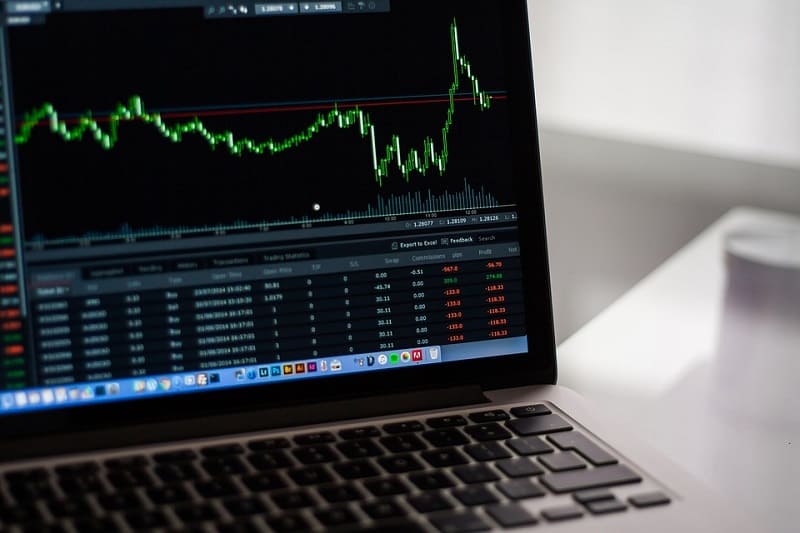It is common for new traders to focus on making money and becoming wealthy as quickly as possible. As a result of this mindset, they learn about various strategies and approaches that come with the promise of making a quick fortune.
The majority of these amateurs are unaware of the greatest irony in the exchange market. That is, the more they chase after money, the more vulnerable they become to losses.
Instead of concentrating on making money, they should instead concentrate on the various components of the exchange market. They should learn how to understand and use these parts.
One such skill is risk management, which assists sellers and buyers in understanding and mitigating various risks. Now let’s learn some advanced techniques by which we can scale down our risk exposure and trade the market in a disciplined way.
Raises awareness of the amount of money you have on hand
After you have executed a trade, your remaining account balance determines whether or not you are in business. The amount of money a trader has already invested in trading does not count that much compared to his reserved balance.
The two most common reasons for trading failure are a lack of concern for your existing funds and a lack of caution in deciding when and where to invest the remnant. To overcome such issues, you should study money management or conduct online research to delve as deeply as possible into the subject.
Winners assess their current assets and plan the best way to use them. So, think about the experienced investors in the stocks trading business. They are always more concerned about their investment rather than they are about their returns. They know very well that protecting the trading capital is the first priority for an investor.
Estimates the risk before getting engaged
Reading various charts regularly, predicting future moves, anticipating the next trend, and developing hunches may help you make some lucky gains. However, there is no substitute for the ability to assess risks and their nature to thrive in today’s competitive business environment.
Exploiting massive leverage regularly and taking foolish risks can be self-destructive for a trader. Even experts can make a mistake and go bankrupt if they fail to assess the projected cost of their failure.
Many hedge funds and collaborative funds fail simply because they go all-in without taking precautions. They lose control of their managerial sense because they are expecting to make a massive profit.
So, no matter what, analyzing risks before investing and adhering to management guidelines will always save the day.
Keeps track of your spreads

As an exchange market influencer, you must understand various potential risks and how spreads trace these risks. You can bet your spreads on any platform; in most cases, you will get two prices for your instrument- buying and selling prices.
A cautious buyer only buys when the market price is rising, and he sells when a price drop is imminent. The spread delineates the difference between an instrument’s two prices. Brokers will encircle the total cost in the spread they offer you.
You should be aware that a wider spread results in higher trading costs and vice versa.
Sustains proper ratio of risk & reward
The size of the reward in the trading market is determined by the size of the risks. You will never experience a situation in which a low risk yields a high reward. Finding the best risk-reward ratio is frequently difficult. You may have to go through several losses before you find the right one for you.
A 1:1 or 1:2 ratio may be best for a newcomer or a medium-level trader. After experimenting with the ups and downs of these primary level leverage ratios, he can move on to the larger ones.
When most investors approach the currency exchange market incorrectly, they almost always fail. To trade in the Forex market, strategies, technical analysis, and trade entries are all important. They ensure growth and long-term survival. This is impossible if you don’t possess significant risk management skills.
